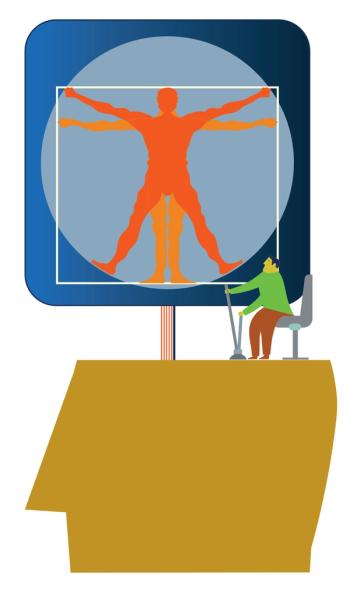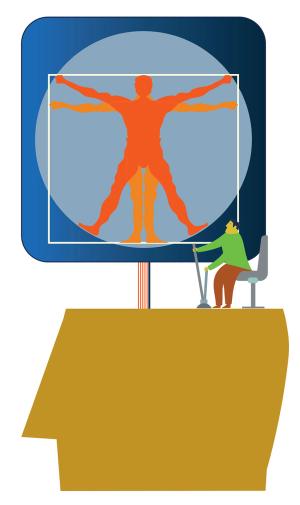
It is important to recognize and document the abilities and deficits of a patient in order to determine capacity.

It is important to recognize and document the abilities and deficits of a patient in order to determine capacity.

Following trends in medicine, psychiatry is faced with limited resources and third-party administration of resource allocation. This has affected psychiatric practice in many ways and altered the doc-tor-patient relationship. Trends toward resource-sensitive, third-party–related psychiatric practice may be accelerated by the current social concerns regarding the economy. Thus, an awareness of social context and the growing recognition that autonomy-enhancing alternatives to paternalistic care are fundamental to improve both the effectiveness and accessibility of care in limited-resource environments are each becoming vital for an informed clinical and risk-management practice perspective.1

Published: November 30th 2015 | Updated:

Published: February 4th 2009 | Updated: